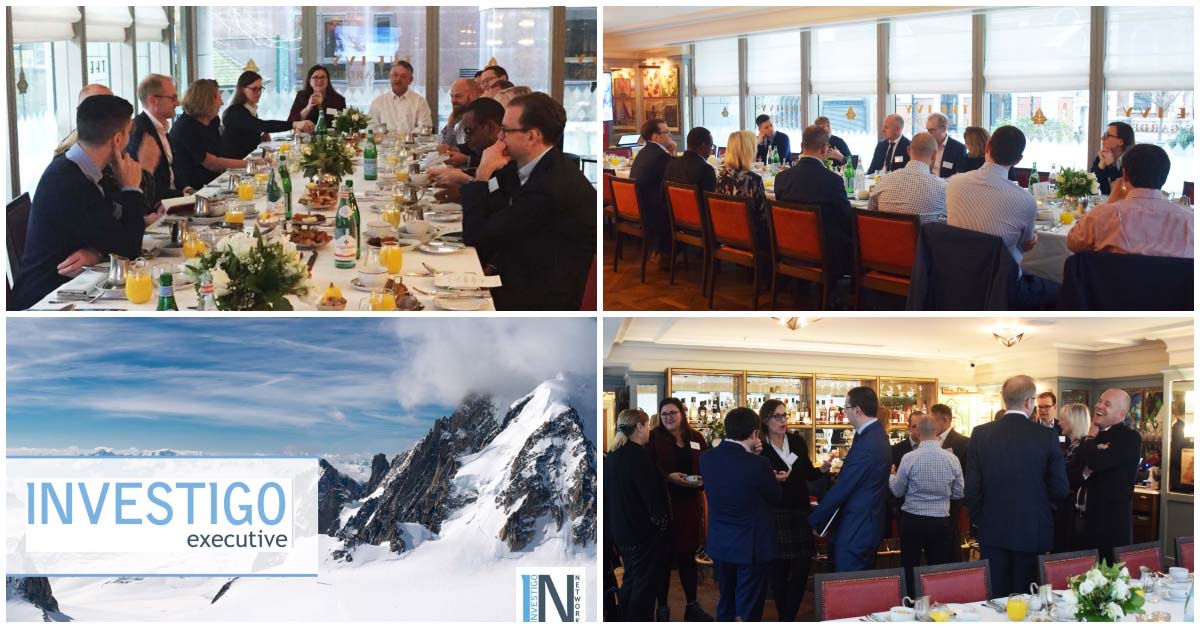
How to embed change
Stepping into any business to activate change and then ensure it is embedded is expected to present challenges for even the most experienced Transformation Directors. On Thursday 21st February, we brought together a selection of our most established change and transformation executive level network, to share their insights on how to successfully embed change. The session was facilitated by Transformation Director, Margaret Spinks, whose experience spans across a multitude of industries and companies such as IBM and Pearson.
Understanding what the key drivers of the change programme are, as well as what is going on within a company’s micro and macro environment, is essential when getting employees to buy into any change project. Is the change there to simplify processes through the use of AI? Is it for digital user experience? Whatever the reason may be, why does that change need to happen? For many businesses it is essential that they change and adapt with the evolving world to keep up with both trends and technology. It is likely that the change will affect a number of people and to effectively embed any change programme it is essential to understand who the programme will affect and how; this is often much more complex and in-depth than one may initially assume. Understanding the culture and dynamics of teams and the company in its entirety will enable better planning to ensure the change programme is embedded across all areas of the business.
In addition to the advice and experience, the common themes that resonated at The Ivy over breakfast included:
C-Suite
As a Transformation Director you are there to lead the change programme, however change needs to stem from the C-Suite level with the appropriate support and buy-in. Every change project must begin with a vision, from which you can then put in the fundamental building blocks to achieve this. The C-Suite needs to be aligned with the programme direction throughout its entirety, which then needs to be fed down through the Transformation Director to deliver to the Directors and beyond.
Communication
Programmes should not begin with the technology, they need to start with the people. Understanding the internal customer is key and to do this a Programme Director should understand the people on the floor. Through doing this, an effective communication plan can be devised to ensure that everyone is on board with the vision and can understand what the value will be to them. Of course, in some situations the change project will not benefit everyone and in that case, honest and transparent communication is the only course.
Consistency
To fully embed change both the message and the implementation needs to be consistent. Habit becomes way of working, which will then eventually become part of the culture. If a change is being made then it must be implemented fully, and not on an optional basis – optionality allows people to quite simply, ‘opt out’. Instead of giving people the option to opt out, make it mandatory but give them the appropriate tools to follow the new process. AppLearn is an online system review that intuitively gives direction and prompts in real-time on the screen to aid the understanding and navigation of new processes.
Completion
Everyone wants to know when the change project will be completed. The answer to that is, it never truly ends. Once a change programme has been implemented, a Transformation Director must leave a legacy to ensure that change cannot slip back. Identify the Key Performance Indicators (KPIs) of the continued success of the change project and incentivise those who will be ensuring those KPI’s are met through adding it to their management objectives. Through delegating this responsibility and ownership, a Transformation Director can ensure that change will be fully embedded, until the change becomes an inherent part of the working culture.
We all experience change on a daily basis and often adapt quite naturally, this is a skill many people need to develop as part of their work-toolkit. If jobs change and adapt, then people need to as well. It was insightful to have a such an experienced collection of executives within a room and inspiring to hear their valuable advice.
This event was held as part of our INexec Technology breakfast series. If you would like to part of our next round table then please contact Dean Corbett on dean.corbett@investigo.co.uk


